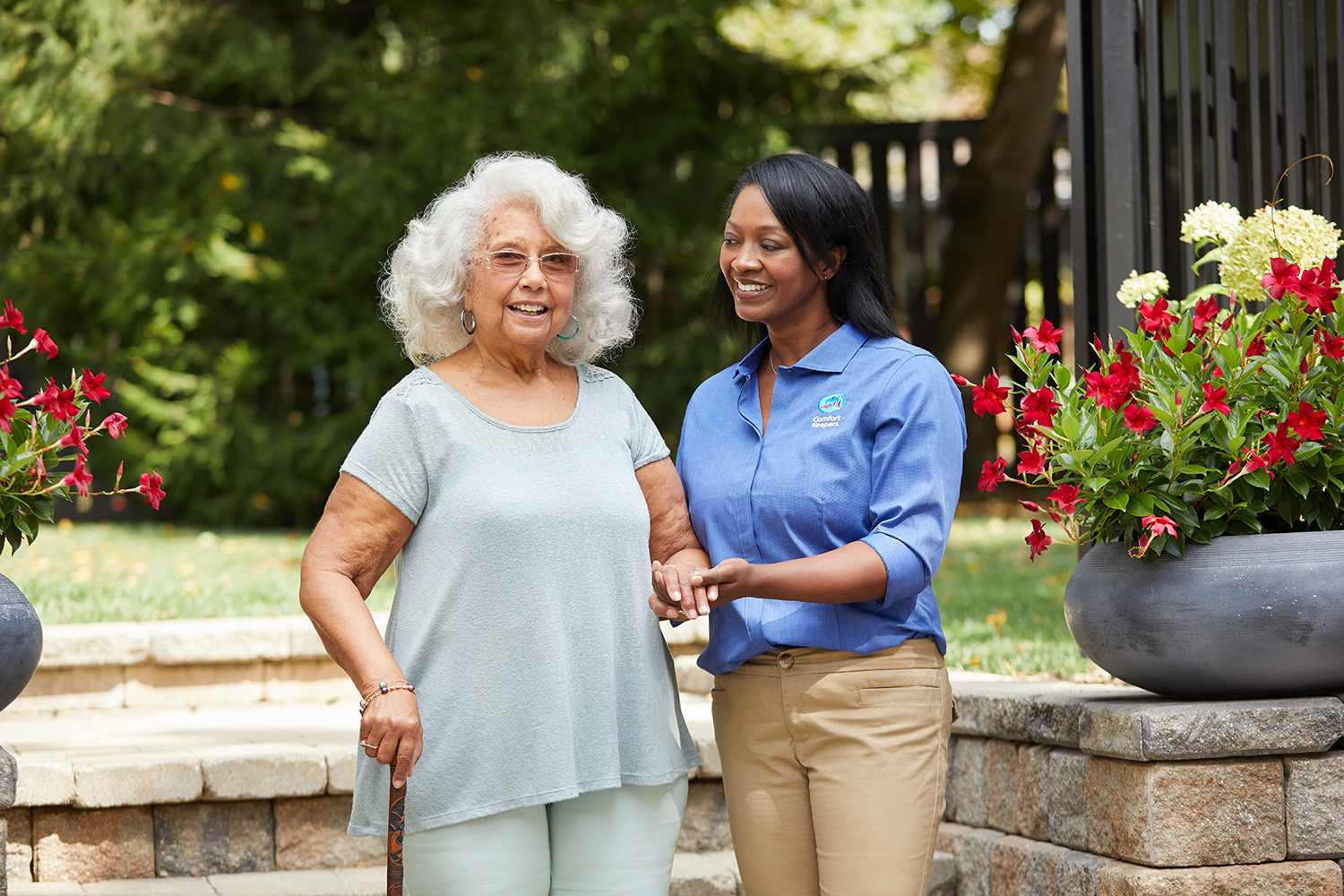In-Home Care Can Help Reduce Readmission
People over the age of 65 are more likely to be readmitted than younger patients, and readmission can be more serious for seniors.
Readmission after an illness or injury is a serious health issue for seniors. However, it is important for seniors and their loved ones to remember that in many cases, readmission is avoidable and can be prevented with a thoughtful post-hospital care plan.
 | Nearly one-fifth of all Medicare patients in the United States who are discharged from the hospital end up returning within 30 days. There are many reasons seniors may need to be readmitted to the hospital, but healthcare agencies are focused on finding ways to reduce these numbers and educate patients about how to have a healthier recovery at home. |
For many seniors, this means having a quality caregiver that can help them overcome some of the main preventable causes for returning to the hospital. Consider the following:
Medication is critical: Some seniors need assistance taking medication in the right amount on the correct schedule. When you consider that, on average, seniors with chronic conditions fill 50 different prescriptions annually, it is not difficult to imagine how someone could get confused when a new medication is added to their regimen. Caregivers can not only remind seniors to take medications as prescribed, but they can also help seniors keep a list of those medications and their dosages so the information is readily available for healthcare professionals. Managing medications is one of the best ways a caregiver can help seniors during their recovery.
Follow up visits prevent readmission: A full two-thirds of patients readmitted to the hospital would have avoided that trip if they had seen their physicians within two weeks for follow up. The reasons for not following up vary but can include transportation difficulties and forgetting to make or keep appointments. Hospital staff can aid the senior by setting up appointments for the individual before discharge, but getting to the appointment can still be a challenge. In addition to a host of uplifting care services, caregivers can provide transportation to appointments and keep track of any post-care visits.
Discharge plans only work when implemented properly: Having a discharge plan for the patient before he or she leaves the hospital can be crucial for recovery, but it can be difficult for seniors and their family members to focus on the plan during the stress of the illness and discharge. Caregivers can help the senior follow the instructions, and will connect with family or other approved individuals when there are problems or change in condition during recovery. They can also help explain the information or ensure that the appropriate person is notified if the older individual has questions about his or her course of treatment. This takes the stress off the family and the patient so he or she can focus on recovery.
Having a helping hand during recovery can ensure positive outcomes and a return to an active, engaged life. Family members, friends and neighbors are often willing to serve as a post-hospital recovery caregiver, but there is professional help available for those that don’t have someone nearby to assist them. For long-term recovery, those who have the assistance of friends and family can benefit from a professional caregiver to provide respite care and support.
Comfort Keepers® Can Help
Comfort Keepers caregivers can help with encouragement, support and assistance with daily living. And, caregivers can encourage overall health through meal planning, grocery shopping, meal preparation and activities. Our custom care plans focus on physical and mental health and wellness activities. Our goal is to see that clients have the means to find the joy and happiness in each day, regardless of age or acuity.
To learn more about our in-home care services, contact your local Comfort Keepers location today.
References
Relias. “What you need to know about readmission among seniors.” Web. 2016.
American Hospital Association. “Examining the drivers of readmissions and reducing unnecessary readmissions for better patient care 2011 AHA Policy Research.” Web. 2011.
Robert Wood Johnson Foundation. “Ten things you should know about care transitions.” Web. 2013.
Sign up to receive helpful info right to your inbox.
We understand choosing an in-home care provider can be a difficult decision, and we want to make your journey as easy as possible. We're here to support you by providing helpful senior care tips and information on in-home care and senior health and wellbeing topics.
Start a Job with a Purpose
Uplifting training and support for you every step of the way.
Apply to be a caregiver








